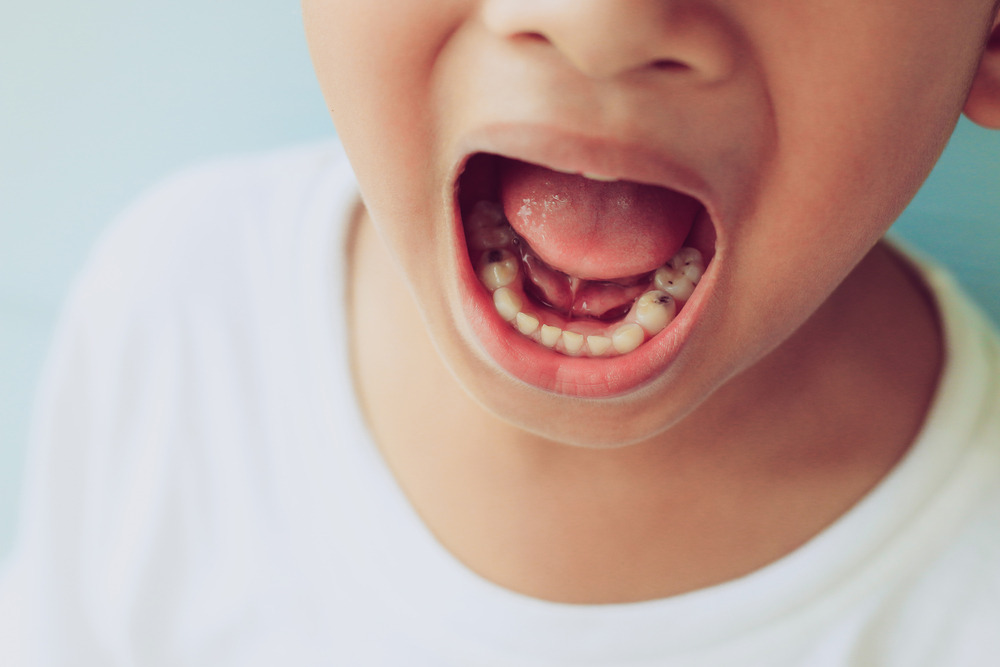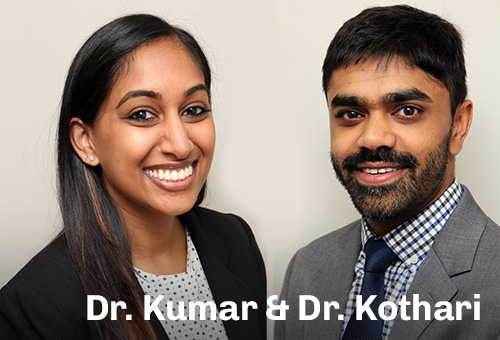
Cavities in children are a common worry for parents. They can cause pain, infections, and problems with eating and speaking.
The good news? Cavities are entirely preventable! To keep your child’s smile healthy and strong, follow these steps:
- Practice good oral hygiene.
- Eat a balanced diet.
- Visit the dentist regularly.
In this guide, we will show you the 7 best ways to prevent cavities in children. These tips will help you protect their teeth.
1. Start Oral Care Early
Oral health begins long before your child’s first tooth appears. Many parents ask about the average age for a first cavity. With good care, it is possible to avoid cavities completely!
- Before teeth emerge, gently clean your baby’s gums with a damp cloth to remove bacteria.
- When the first tooth appears, start using a soft-bristled toothbrush with a tiny smear of fluoride toothpaste.
- Book your child’s first dental visit by their first birthday or within six months of their first tooth appearing.
By making oral care a habit from an early age, you can set the foundation for a lifetime of healthy teeth.
2. Use Fluoride to Strengthen Teeth
Fluoride is a powerful tool in cavity prevention. It strengthens enamel, making it more resistant to acid and bacteria that cause tooth decay.
- Use fluoride toothpaste as soon as your child gets their first tooth.
- Encourage drinking fluoridated tap water to help strengthen their teeth.
- Ask your dentist about fluoride varnish treatments, which offer extra protection against cavities.
Fluoride is one of the easiest and most effective ways to prevent tooth decay in children.
3. Encourage Proper Brushing and Flossing Habits
Teaching your child how to brush and floss correctly is essential for preventing cavities.
- Under 3 years old: Use a rice-sized amount of fluoride toothpaste and brush twice daily.
- Over 3 years old: Use a pea-sized amount of toothpaste and supervise brushing until they develop good technique.
- Floss daily to remove plaque and food particles between teeth.
Make brushing fun by using colorful toothbrushes, flavored toothpaste, or playing their favorite song during brushing time.
4. Maintain a Healthy Diet
What your child eats directly impacts their oral health. A well-balanced diet can go a long way in preventing cavities.
- Limit sugary snacks and drinks like candy, soda, and fruit juices.
- Offer teeth-friendly foods such as cheese, yogurt, crunchy fruits (apples, pears), and vegetables (carrots, cucumbers).
- Encourage drinking water instead of sugary beverages, as it helps wash away food particles and bacteria.
A balanced diet not only supports strong teeth but also promotes overall well-being.
5. Consider Dental Sealants for Extra Protection
Dental sealants are a simple and effective way to shield your child’s molars from cavities.
- Sealants create a barrier that stops food and bacteria from getting trapped in deep grooves.
- According to the CDC, sealants can prevent up to 80% of cavities in back teeth.
- The process is quick, painless, and provides long-term protection against decay.
Talk to your dentist about whether sealants are a good option for your child.
6. Schedule Regular Dental Checkups
Routine dental visits play a vital role in catching potential problems early and keeping your child’s smile healthy.
- Book dental checkups every six months to monitor their oral health.
- Professional cleanings remove plaque buildup that brushing alone might miss.
- Your dentist can apply fluoride treatments or sealants as needed.
Regular checkups help prevent cavities and reinforce good oral hygiene habits.
7. Make Oral Hygiene Fun and Engaging
Helping your child develop a positive attitude toward dental care makes a big difference in maintaining good habits.
- Explain why brushing and flossing matter in a way they can understand.
- Use reward charts, stickers, or set up a routine where the whole family brushes together.
- Explore storybooks or videos about dental health to make learning fun.
When kids view oral care as a fun part of their routine, they are more likely to keep good habits as teens and adults.
Why Choose 914 Smiles for Your Child’s Dental Care?
Preventing cavities in children is a team effort. By using these 7 best ways to prevent tooth decay, you help your child have healthy teeth and bright smiles for life.
At 914 Smiles, we understand the importance of preventive dental care and strive to make every visit a positive experience for your child. Our team is dedicated to providing expert guidance, personalized treatments, and a welcoming environment to help children develop healthy oral habits that last a lifetime. If you have concerns about your child’s teeth, schedule an appointment with 914 Smiles today!
We also offer services for the entire family, including options like Invisalign for adults and teeth straightening for adults. Whether you’re looking for an adult orthodontist or wondering, “Is it ever too late to get braces?”—the answer is no! It’s never too late to improve your smile and oral health.
Frequently Asked Questions (FAQs)
1. What is the average age of the first cavity in children?
Many children get their first cavity between ages 5 and 7. The average age can vary. Good oral hygiene can help prevent cavities if started early.
2. Can teens follow the same oral care routine as younger kids?
Yes! Teens should continue brushing twice daily, flossing, and seeing the dentist regularly. At this stage, you can also consider orthodontic care and whitening treatments.
3. How can I make brushing more enjoyable for my child?
Using fun toothbrushes, flavored toothpaste, playing music, or using a reward system can make brushing a positive experience.
4. Are cavities in baby teeth a serious issue?
Absolutely! Even though baby teeth eventually fall out, untreated cavities can lead to pain, infections, and problems with permanent teeth. Good oral care should start early.



